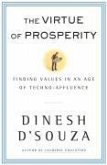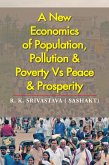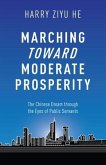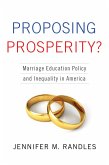The Science of Prosperity encapsulates the rich tapestry of thought on the alchemy of success, drawing together a remarkable array of writing styles and insights. The anthology ventures beyond mere financial gain, delving into philosophical, ethical, and practical dimensions of prosperity. From the contemplative reflections of ancient wisdom to the strategic treatises of early modern thinkers, this collection presents a diverse spectrum of ideas designed to challenge and inspire. In its exploration, it offers a poignant mosaic of essays and excerpts that guide, question, and expand our understanding of what it means to truly prosper. Esteemed contributors such as Niccolò Machiavelli, Kahlil Gibran, and Marcus Aurelius bring to life a dialogue that spans epochs and continents, blending classical philosophy with innovative early 20th-century thought. This melding of backgrounds and eras exemplifies a convergence of Eastern and Western perspectives, touching upon themes of discipline, resilience, and the power of attitude. Their thoughts are echoed and expanded upon by voices like James Allen and Wallace D. Wattles, who align with historical and cultural movements of self-help and the power of thought. The Science of Prosperity presents an unparalleled opportunity for readers to engage with a broad spectrum of motivational and philosophical insights. It serves as an indispensable compendium for anyone eager to traverse the diverse pathways to prosperity. Through careful curation, this anthology provides not only an educational journey but a profound dialogue between timeless wisdoms and emerging ideas, offering a compelling invitation to explore the intricate science of thriving in all aspects of life.
Dieser Download kann aus rechtlichen Gründen nur mit Rechnungsadresse in A, B, BG, CY, CZ, D, DK, EW, FIN, F, GR, H, IRL, I, LT, L, LR, M, NL, PL, P, R, S, SLO, SK ausgeliefert werden.









